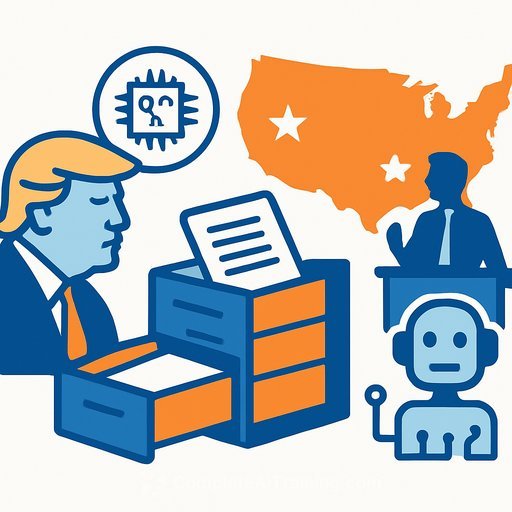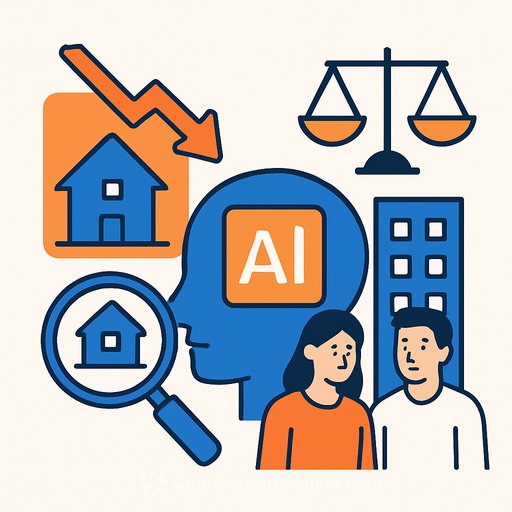Australia Must Define Clear AI Rules to Boost Productivity and Consumer Safety
The Australian Productivity Commission has called on the government to establish clear regulations for artificial intelligence. Their recent interim report, ‘Harnessing data and digital technology’, highlights AI’s potential to drive productivity growth beyond historical averages. Specifically, the commission projects labour productivity could grow by around 4.3% annually over the coming decade, compared to the current 2.3% rate.
Examples of AI applications already in use across Australia include fraud detection systems, robotic sorting in agriculture, and AI-powered teaching tools in education. Popular AI models like ChatGPT also see widespread adoption. However, the report stresses that effective regulation is crucial to protect consumers and provide businesses with the certainty needed to invest and innovate in AI technologies.
Identifying Regulatory Gaps Carefully
Governments are currently reviewing whether existing regulations adequately address AI-related risks. The commission advises that new AI-specific regulations should only be introduced if clear gaps are found. They urge for a swift but thorough gap analysis before considering economy-wide AI regulation.
Introducing broad AI rules prematurely could lead to duplicated efforts and unnecessarily high compliance costs without meaningful benefits. Instead, the focus should be on adapting current regulatory frameworks where possible. For example, copyright law is an area where clearer guidelines could help businesses and creators navigate AI-generated content.
Government as a Model AI User
The report encourages national, state, and local governments to lead by example in AI adoption. Internal AI policies within government agencies can significantly influence broader uptake. Governments also need to invest in foundational capabilities such as improving digital literacy and upgrading infrastructure like high-speed internet to support effective AI use.
Data Policy and Its Impact on Innovation
Data access is key to unlocking AI’s productivity potential, but current privacy laws pose challenges. The Privacy Act’s consent and notification requirements often become procedural rather than meaningful protections, leading to compliance being treated as a box-ticking exercise.
The commission suggests shifting privacy obligations towards outcome-based measures. Easier data access across sectors can encourage competition and enable businesses to develop innovative services, benefiting the economy as a whole.
Setting AI Standards in Government
Recently, Australia’s Digital Transformation Agency introduced technical standards covering the entire lifecycle of AI systems in government—from design to monitoring and decommissioning. The launch of GovAI, a platform for cross-agency AI collaboration, supports public servants in testing AI tools and processes in a controlled environment. These steps aim to build trust and capability within government agencies.
For government professionals looking to expand their AI knowledge and skills, exploring courses on platforms like Complete AI Training can provide practical guidance on AI implementation and governance.
Conclusion
Australia stands at a critical point in shaping its AI future. Clear, well-considered regulations will protect consumers without stifling innovation. Meanwhile, government agencies must lead by example, improving their own AI capabilities and infrastructure. Attention to data policy reform will further support a vibrant AI ecosystem that benefits the entire economy.
Your membership also unlocks:






